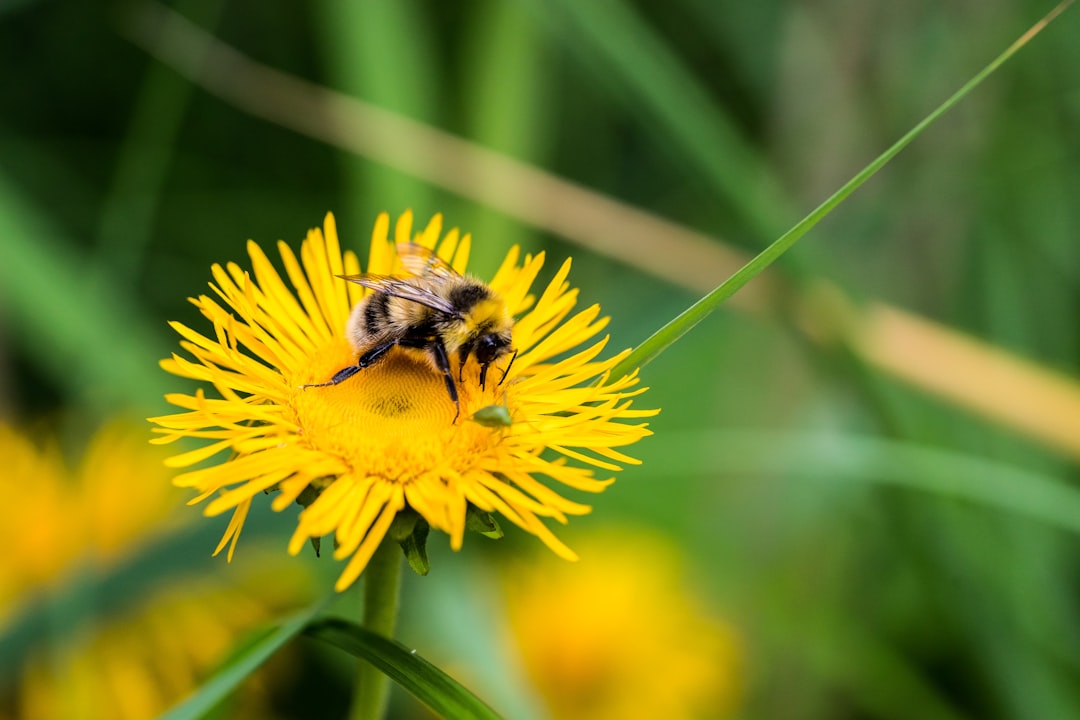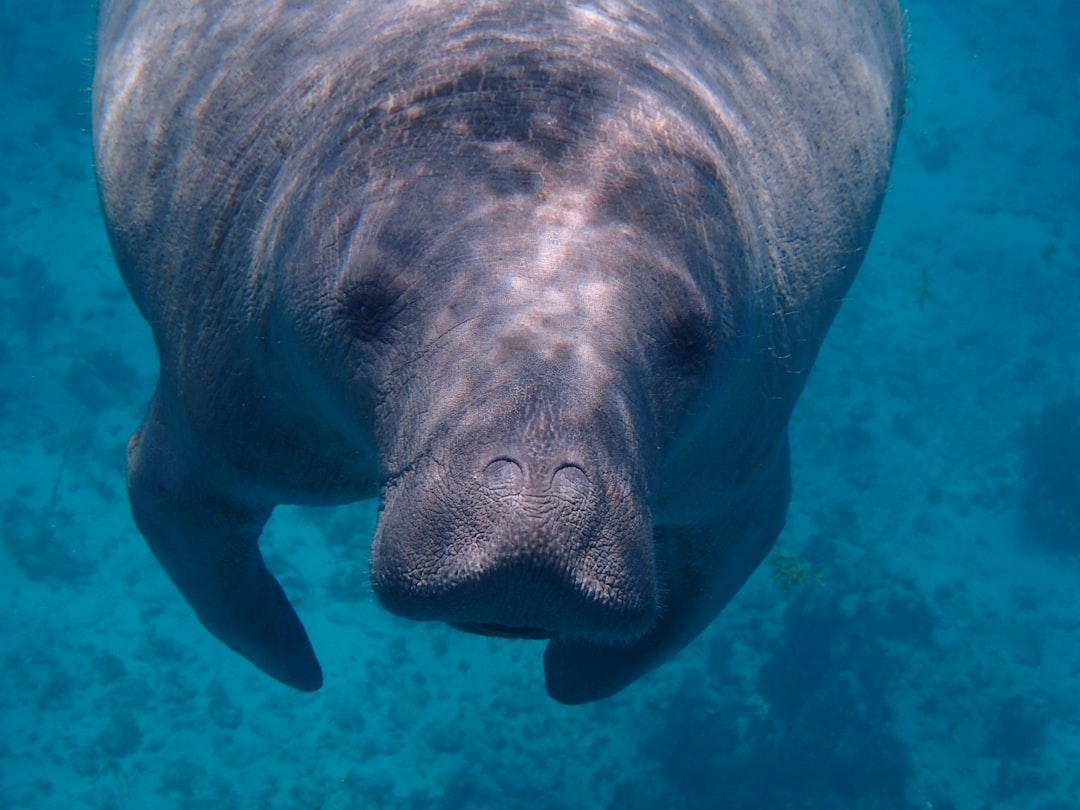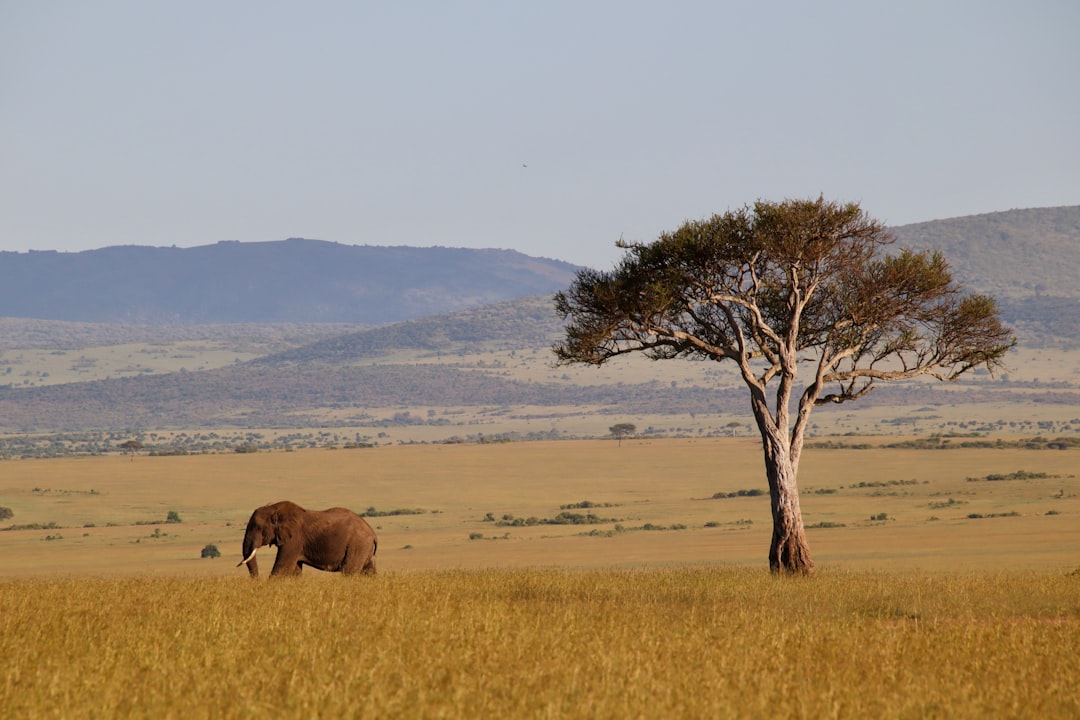What is it about?
All animals carry a bacterial community within their gut and body. These bacteria can have a big influence on their hosts behaviour and life history. We examined how the bacterial community of Argentine ants change over their invasion pathway. We found that the bacterial diversity and composition of this invasive species changes considerably over it's invasion pathway. The bacterial species in Argentina differed substantially from that in the US, Australia and New Zealand. We also used antibiotic drugs to change the bacteria in Argentine ants. The changes in bacterial communities altered ant behaviour. Specifically aggressive interactions changed and the survival in inter-specific interactions changed.
Featured Image
Why is it important?
These results clearly show that the bacterial species in a host can influence it's behaviour and behaviour like aggression. As a species moves through an invasion pathway, changes can be expected in its bacterial communities. These changes can influence its survival and effects in the new environment.
Perspectives
We worked with ants, but these results will be relevant to a wide variety of organisms. Most species have altered bacterial communities as they move through an invasion pathway. These changes can substantially influence behaviour, survival and effects on the new communities.
Professor Phil Lester
Victoria University of Wellington
Read the Original
This page is a summary of: Symbiotic bacterial communities in ants are modified by invasion pathway bottlenecks and alter host behavior, Ecology, March 2017, Wiley,
DOI: 10.1002/ecy.1714.
You can read the full text:
Contributors
The following have contributed to this page










